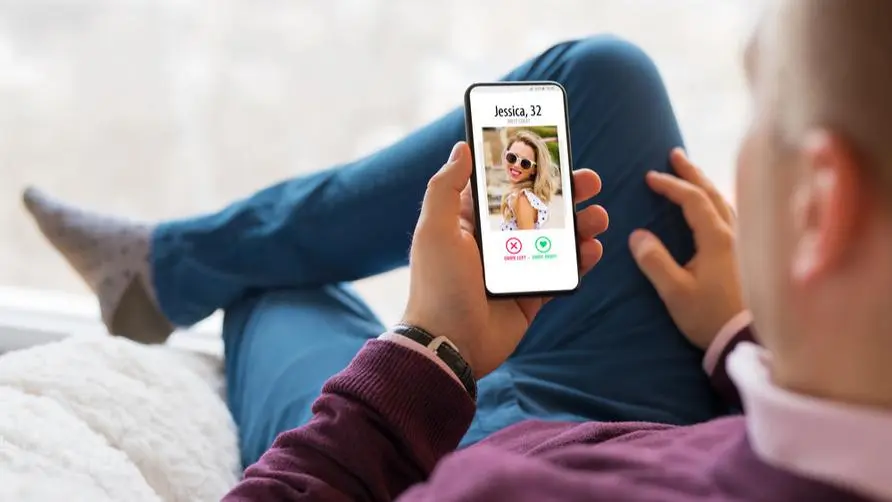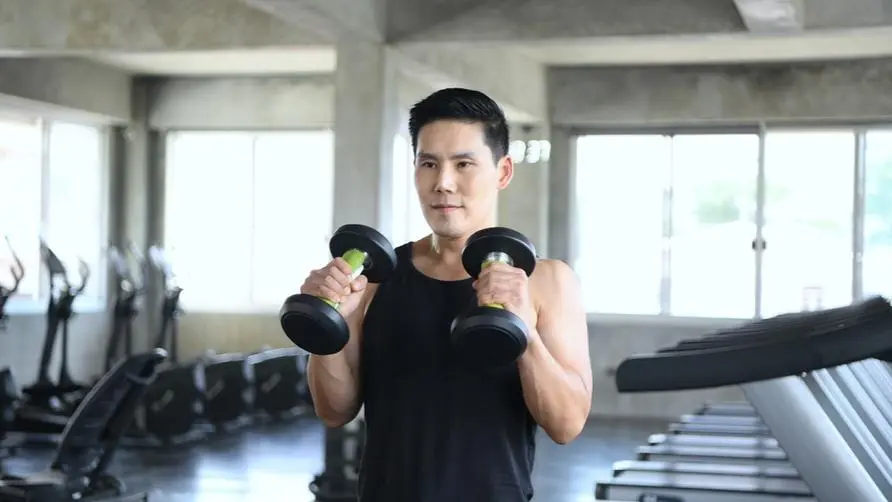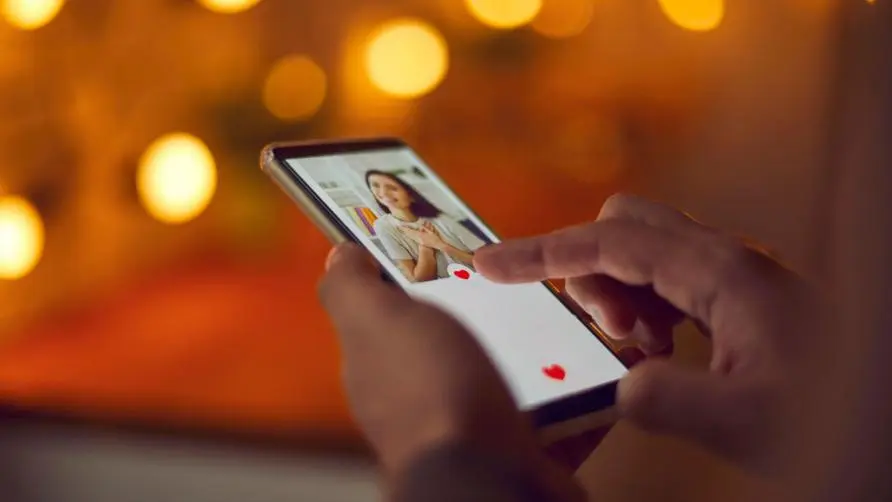Can you find true love on dating apps? Research reveals the body most prone to seasickness: the more you play, the more painful it becomes

With the evolution of the times and the development of information, romantic relationships have gradually evolved from traditional blind dates and dating to online dating and social software. Can you really find true love on dating apps? Many past studies have believed that dating software can indeed lead to more stable and long-lasting relationships than making friends in real life. However, a study in the “International Journal of Sexual Health” claimed that subjects with “anxious attachment” personality traits are more likely to use dating apps when using dating apps. I experienced more pain than ordinary people when I was soft.
Can dating apps really help you find true love? “This personality trait” makes people most likely to get seasick and worry about gains and losses.
In order to study whether psychological “attachment traits” differ due to dating apps or actual dating, a research team from Arizona State University in the United States gathered 247 subjects with an average age of about 29 years old. They completed the Interpersonal Attachment Style Inventory to test whether they had one of four attachment styles: secure attachment, anxious attachment, avoidant attachment, or ambivalent attachment.
In addition, they were also asked to disclose their openness to sexual experiences, conditions for finding a partner, whether they use dating apps, etc. The results showed that people with higher “anxious attachment” scores tended to use dating apps more frequently and had more negative experiences, especially after meeting in person for a date. Those who avoid attachment show more negative emotions after meeting and dating online friends.
As for those who are securely attached, their anxiety is significantly lower whether online or in actual dating, and they do not show excessive dependence on their dating partners. People with ambivalent attachment tend to actively distance themselves from each other after the relationship becomes intimate. Regardless of whether they use dating software or not, they will also experience a certain degree of anxiety, but it is not as strong as those with anxious attachment.
Thinking that you are not good enough and being clingy! “Anxiously attached people” are prone to falling into a bottomless emotional abyss
John K. Coffey, the author of the study, said that in this study, anxiously attached people may be the most difficult to benefit from dating software. In view of the fact that they are often worried about gains and losses in a relationship and tend to regard their partners as the center of their lives, they are increasingly There is no bargain in the “instant” love model. “Love comes and goes quickly, making it easier for those with anxious attachment to fall into the bottomless abyss.”
Coffey believes that given that anxiously attached people may have had traumatic experiences in childhood, such as being exposed to violence, neglect, early separation from parents, and primary caregivers suffering from mental illness, they often prefer to seek more love from outside, but in the past Too much love will easily make the other person suffer more pressure and avoid him or her, which makes the anxious attachment person think that he or she is not good enough and fall into a vicious cycle of low self-esteem, depression and anxiety.
Which of the 8 anxious attachment traits do you have? How to establish a partnership if someone is prone to seasickness?
What traits do anxiously attached people possess? According to the guidelines published by the American medical media “WebMD”, people with anxious attachment are more likely to have the following personalities:
Fear of the other person’s anger
Being overly concerned about the other person’s feelings
Need constant and repeated comfort
Extremely high emotional needs
Particularly clingy in relationships
Be obsessed with or pay too much attention to someone
Excessive desire for intimacy 8. Easily feel jealous
As for how an anxiously attached person can have a safe and healthy relationship? “WebMD” recommends that you should first learn how to express emotions and clearly express your needs, which will help maintain the relationship. Learning to read non-verbal cues such as gestures and gestures can help you understand how your partner is feeling.
In addition, if there have been problems in past interpersonal relationships, it is best to talk to a psychological counselor or psychiatrist. Psychotherapy can help resolve painful experiences in early childhood. Finally, it is recommended to establish a romantic relationship with a “securely attached person” because the emotional stability of this group helps anxiously attached people understand how a stable and secure relationship works. “WebMD” also believes that anxiously attached people should try to establish friendships with people who have strong self-esteem and clear boundaries, which will also be helpful for future partnerships.
Source:
Sexual Experiences and Attachment Styles in Online and Offline Dating Contexts
Further reading:





